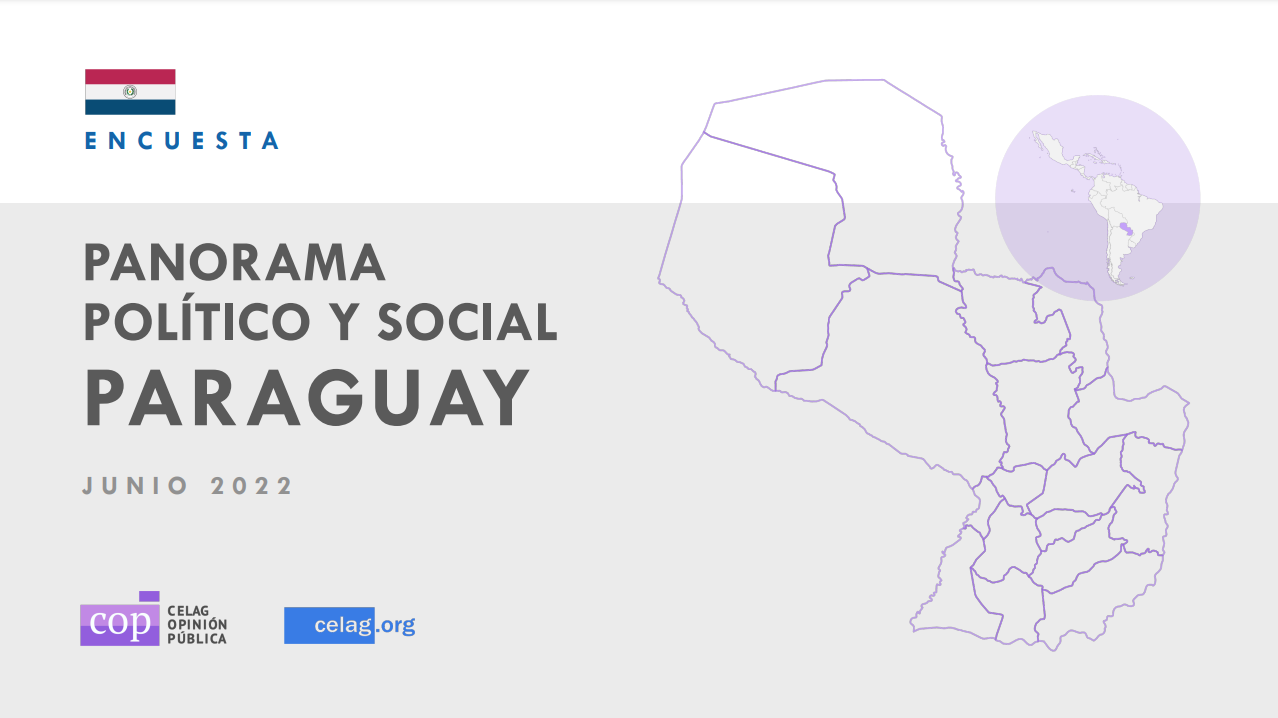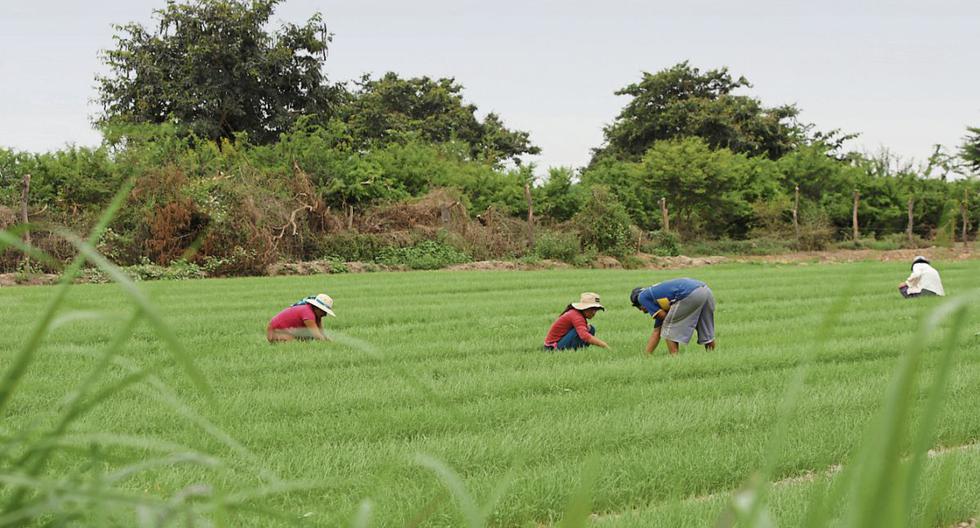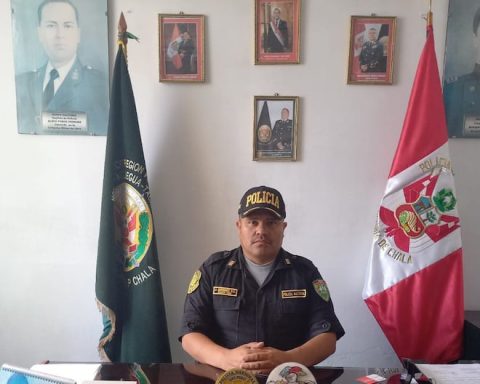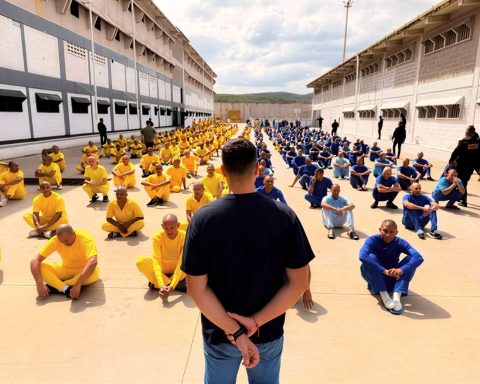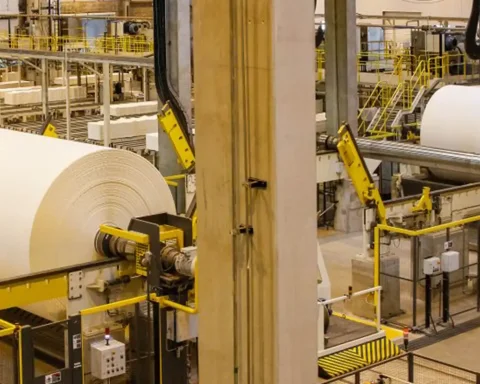The study, coordinated by Gisela Brito from Celag Public Opinion (COP), reflects the perceptions of Paraguayan citizens regarding the national situation, both in economic and social terms as well as political and ideological. The field work was carried out between May 16 and June 9, 2022, in 14 of the 17 departments of the country, a coverage of 97% of the total population.
CHANGES
7 out of 10 citizens feel that profound changes are required in the coming years for Paraguay, compared to only 2 out of 10 for whom the country requires stability, according to the latest Celag survey.
This map of sensations also has its correlate in the population’s imaginary about the Colorado Party, which reflects that only 23% consider the historic party as “the only one that knows how to govern”, while on the contrary 50% of citizens states that “Paraguay will never govern while the Colorado Party remains at the forefront.”
DETERIORATION
The survey also detects a marked deterioration in the image of President Mario Abdo, both in personal terms ‒only 12% positive image‒, as well as in the evaluation of his management, which registers a disapproval of 83% in general terms and even higher levels of disapproval regarding his management of the economy (86%) and the fight against corruption (91%).
On the other hand, the difficulty in paying expenses related to housing (64%) and indebtedness to cover expenses (60%) stand out among the problems of the home. Precisely, in line with this complicated family economic situation, 55% of Paraguayan men and women think that “financial aid should be granted by the State for children to improve the economic situation of the most vulnerable families.”
LEADERSHIP
Finally, there is a demand for a State that takes a greater role, with more than 70% of the population demanding greater intervention from it, either, for example, to lower electricity rates or to improve the quality of transport.
This study was carried out through 2,006 telephone interviews (CATI system) in 14 departments of the country ‒excluding the Paraguayan Chaco region (3% of the total population)‒, in localities, both urban and rural, controlling gender quotas, age and socioeconomic levels. The full survey can be found at: www.celag.org
